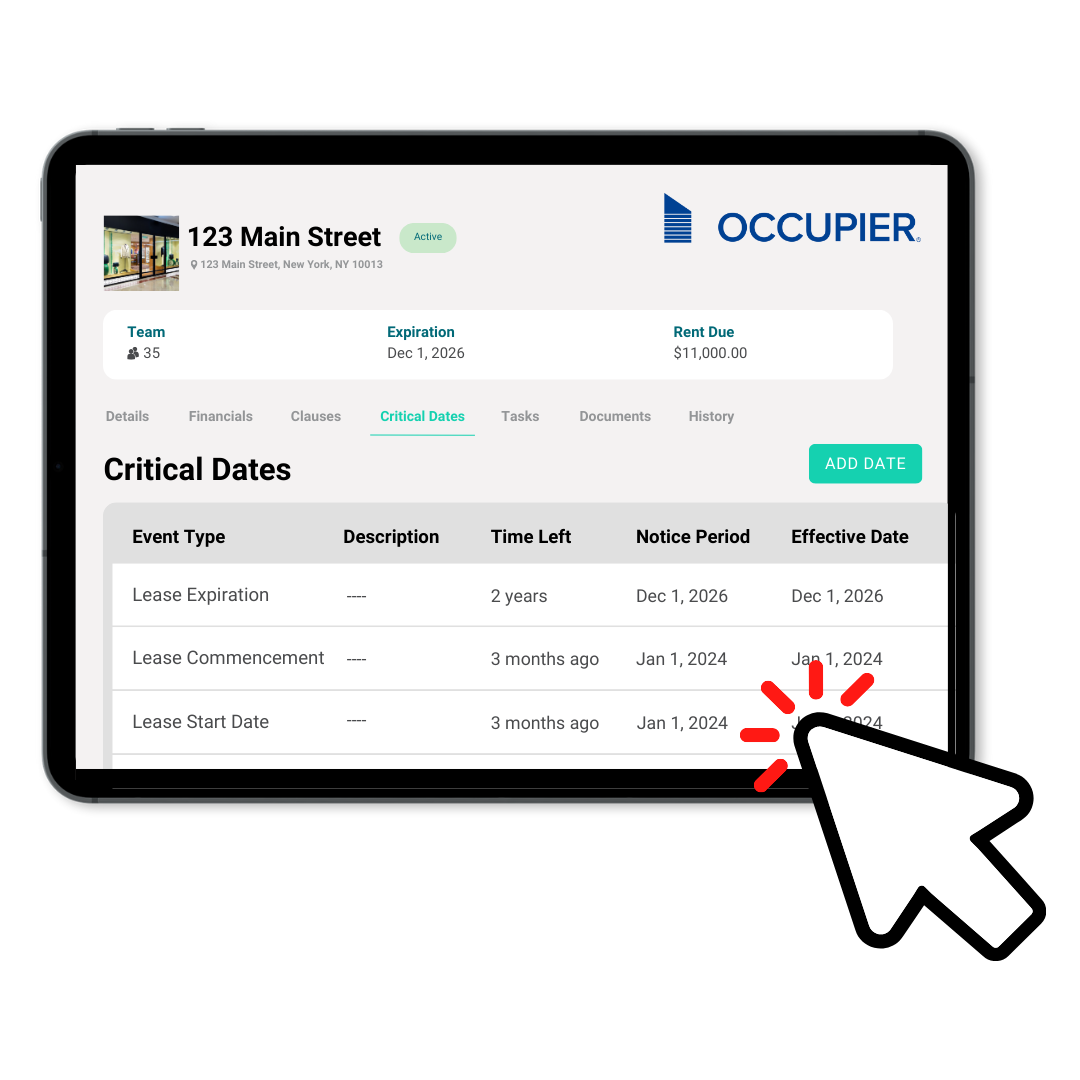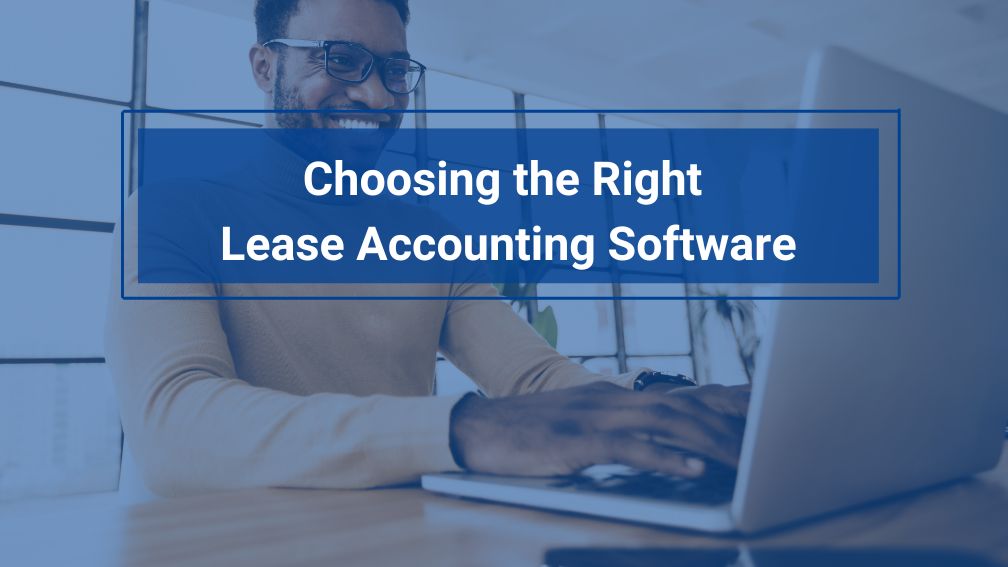What to Know About Choosing the Right Lease Accounting Software
Last Updated on August 8, 2024 by Morgan Beard
The right lease accounting software is a crucial consideration for companies, but it’s just one element of how they manage their commercial real estate. They’re ultimately more focused on strategic decision-making while managing transactions, ongoing risk management, and lease portfolios. In other words, lease accounting needs to run perfectly without overwhelming the rest of the effort.
Effective lease accounting software is supposed to strike that balance. However, most options on the market fail because they create data silos and compromise collaborative opportunities rather than serving as a central source of truth for all information relevant to a corporate real estate portfolio. These solutions put finance at the forefront of the effort, which makes some sense because that department stewards lease accounting. However, many stakeholders from outside finance are also involved (or they should be but are unnecessarily excluded due to the lease accounting systems currently in place).
The software that companies need in a post-pandemic world provides data and workflows to everyone involved within commercial real estate workflows: internal decision makers, external advisors (such as brokers), and the accounting staff responsible for the portfolio’s compliance. Crucially, it also draws from the same source of data so that stakeholders with a common agenda can operate with a common set of facts. Regardless, many options for lease accounting software separate rather than integrate.
Just think about new FASB ASC 842 compliance guidelines. Meeting these new lease accounting standards requires data sharing between entire real estate teams and any brokers involved. Despite having lease accounting software in place, many companies still share that data manually using PDFs and separate databases. Considering that most lease accounting software solutions on the market are at least a decade old with iterations few and far between, it’s no surprise they struggle to comply with new regulations or meet the expectations of modern teams. They’re simply not equipped to do so.
The truth is that most businesses fail when selecting the right lease accounting software. Often, this is because they’re not considering the “big picture” when it comes to their real estate decisions. The below considerations will help you apply a broader lens when searching for the right lease accounting solution:
Lease Accounting Software That’s Optimized for All
In the wake of shifting regulations and a real estate market deeply disrupted by the pandemic, companies should be using lease accounting software that integrates the back and front ends with all points in between. When that happens, everyone involved with lease accounting (and everything relevant to a corporate real estate portfolio) improves. Here’s how:
1. It saves time
Lease accounting often feels slow and inefficient because accountants lack a central information repository to reference. After all, leases abound with information that’s subject to constant amendments and updates. When a lease accounting software connects the front and back end, however, everyone has the latest data at their fingertips. In fact, accountants themselves can save hundreds of hours when they no longer have to dig for information.
2. It eliminates errors
If there are two sets of data, only one is correct. Working off one dataset ensures that incomplete or incorrect information doesn’t lead to preventable costly lease accounting errors. Those issues are common when real estate teams must manually enter lease information into a database before handing it off to lease teams, but they’re much less likely to occur when everyone works from a collective set of data with fewer manual inputs and more critical observers.
3. It leverages data-driven insights
When the three branches of a corporate real estate portfolio come together — transaction management, lease administration, and lease accounting — companies gain new insight into managing that grouping effectively. In other words, the three branches collaborate instead of compete so companies can practice a unified real estate strategy. Consider a real estate team that’s trying to understand the long-term flexibility of a portfolio by analyzing success around the negotiation of termination options. This might cause the business to rethink its real estate expense liability, which would have a material impact on its second-largest expense.
The COVID-19 pandemic provides an unmatched opportunity for companies to take a hard look at their costs and processes in order to save money and stay agile. So if your lease accounting or portfolio management struggle in any way, take a critical look at your software. Then, consider a replacement software that turns those weaknesses into strengths.
Check out our Leasing Resource Hub or take a self-guided tour of Occupier.

Product Tour
Take a self-guided tour and see how the fastest-growing commercial tenants leverage Occupier for lease management & lease accounting.
